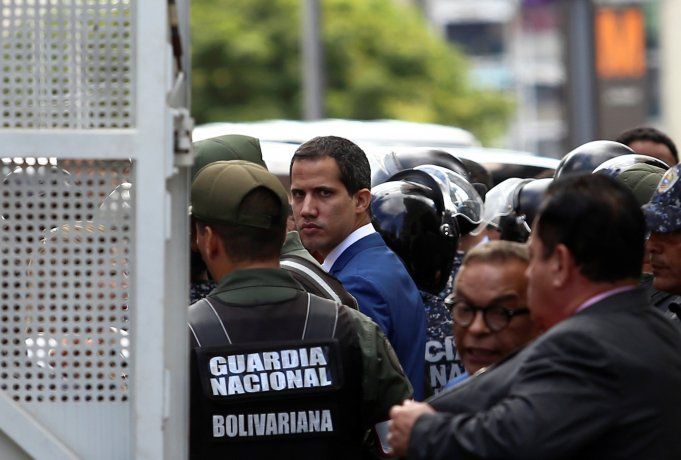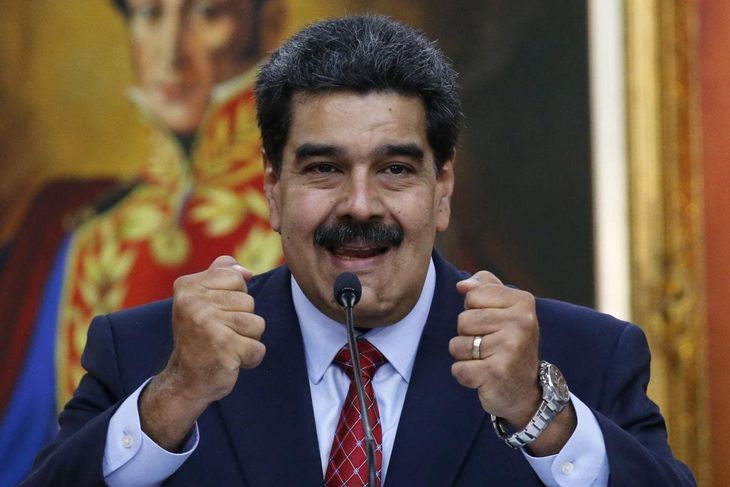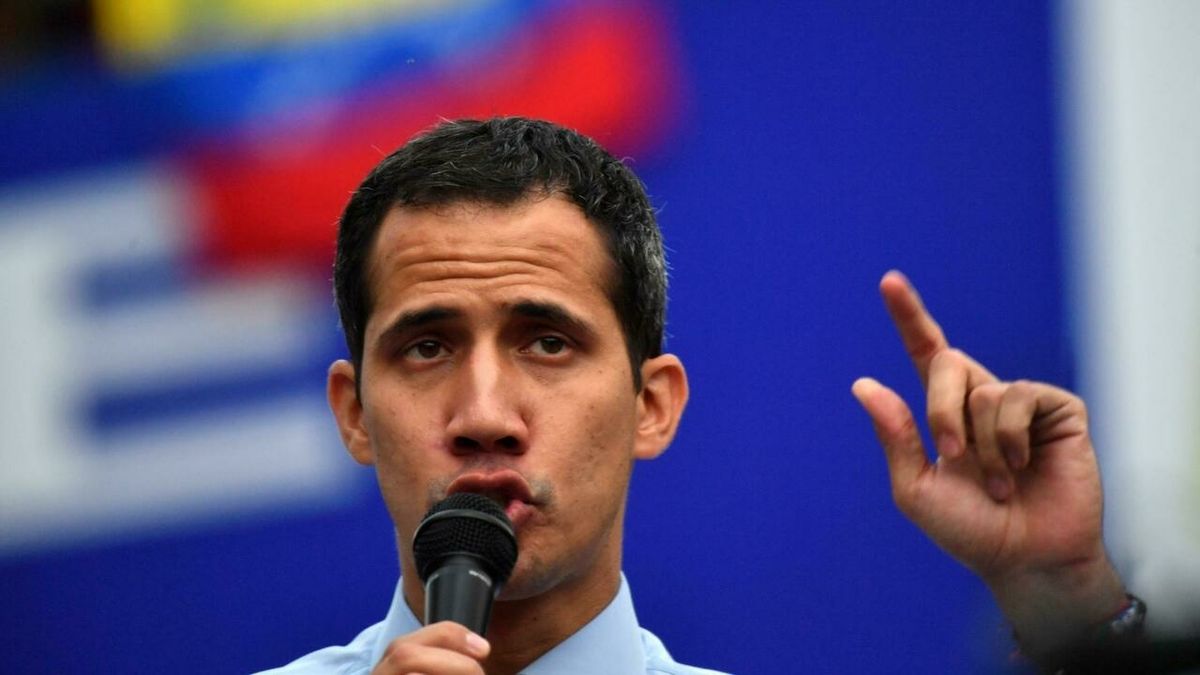Juan Guaido
Guaidó’s top adviser has admitted masterminding the plan to oust Maduro.
Photo: Reuters
“There is a leap into the void,” questioned Guaidó, which was recognized by the United States and more than fifty countries when proclaimed himself “interim president” in a square in January 2019. That broad international support It was not enough to remove President Nicolás Maduro from powerwhose re-election in 2018 was denounced as a “fraud” by the opposition.
Guaidó’s “interim presidency” falls, but not yet the Parliament of 2015, that keeps some international recognition after the 2020 legislative elections, won by the Chavismo ruler and also branded as fraudulent. “Who is going to assume the powers with name and surname before the Venezuelans?” Guaidó said.
The former deputies approved the creation of a commission that will assume “executive functions” mainly with regard to control of blocked Venezuelan assets abroad for sanctions. These funds, which Maduro estimates at $24 billion“will never reach the hands of the regime,” they said in a statement the parties that withdrew their support for the “interim”.
Juan Guaido

The self-proclaimed president of Venezuela, Juan Guaidó, was unable to enter parliament to be re-elected as head of that body.
Photo: La Patilla
“I’m still here and firm,” said the politician, the target of numerous judicial investigationswho, when he proclaimed himself “interim president” in 2019, alleged that, as head of the National Assembly, he should take over the government in the face of a power vacuum due to questions of Maduro’s re-election. Guaidó sounds like a candidate in the primaries that the fractured opposition intends to organize in 2023 to choose a single candidate to face Maduro in the presidential elections. “There are leaders in the opposition who consider that exercising the interim government was an advantage for an eventual candidacy of Guaidó”political adviser Pablo Andrés Quintero told AFP.
Daniel Varnagy, university professor and doctor in Political Sciences, believes that the Maduro government could make electoral concessions in negotiations resumed with the opposition in Mexico last month, at “understand that you need legitimacy of origin”. And, with the opposition divided, his re-election in 2024 does not seem like a problem.
“I’m afraid Maduro won today,” Benigno Alarcón said on Twitter, director of the Center for Political and Government Studies of the Andrés Bello Catholic University (UCAB). Alarcon believes that the change in strategy will be “costly” for the opposition, which has seen its popularity wane. That of Guaidó, according to the pollster Datanálisis, it has fallen below 20% after exceeding 60% in 2019.
Nicolas Maduro

The president of Venezuela, Nicolás Maduro.
Photo: Getty Images
Varnagy thinks there is a crisis of representation that has left “civil society increasingly orphaned”. “There were not only hopes for political change, but also real expectations, but they were not fulfilled”express. Guaidó’s international support has been diluted in these four years. Washington, its main ally, has not reacted to the elimination of the “interim period”, but He had already sent delegates to Caracas to meet with Maduro despite calling him a “dictator” and violator of human rights.
The context has also changed with the energy crisis created by the Russian invasion of Ukraine. Venezuelan crude, the target of an embargo since 2019, has become more attractive. The White House will allow the energy company Chevron to operate in Venezuela after the first agreements reached at the political negotiation table taken up by delegates from Maduro and the opposition in Mexico. Y in Latin America governments of countries such as Brazil, Colombia and Argentina turned to the left. A) Yes, Varnagy estimates that the international community would see it as “a lesser evil” Faced with their energy needs, the eventual continuity of the president… even with blocked resources.
Source: Ambito
David William is a talented author who has made a name for himself in the world of writing. He is a professional author who writes on a wide range of topics, from general interest to opinion news. David is currently working as a writer at 24 hours worlds where he brings his unique perspective and in-depth research to his articles, making them both informative and engaging.



